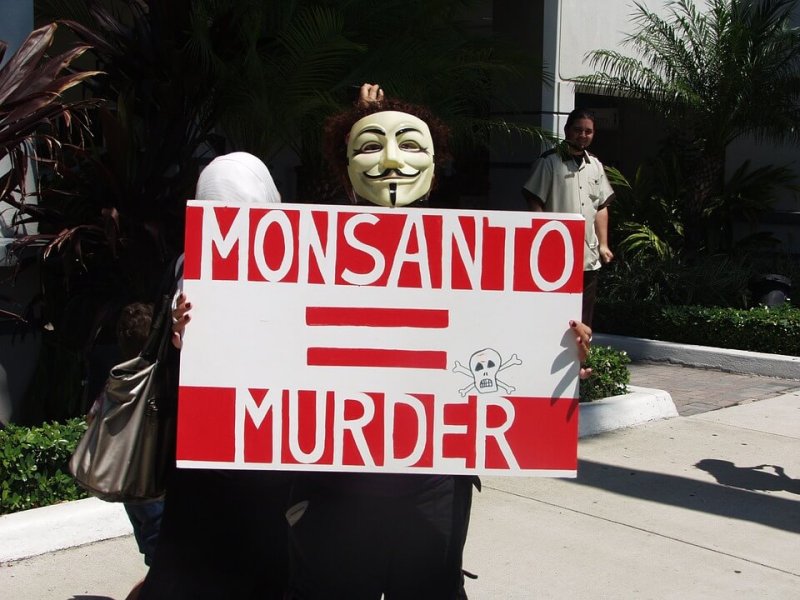Remember all the warnings about genetically modified organisms? They’re bad for us; they harm the environment; there is too little oversight; they fail to increase yields; and they will do little to help feed the world.
…
For years, Lynas had been one of the most outspoken eco-warriors in the fight against GMOs. His biggest targets were companies like Monsanto and Syngenta — leaders in developing genetically modified crops. But several years ago, he began to realize he was wrong. In 2013, he outraged activist friends and colleagues by speaking at a British farming conference and apologizing for helping “to start the anti-GMO movement.”
This week, Lynas’ lastest book, “Seeds of Science: Why We Got It So Wrong on GMOs,” was released. The book reports that almost all warnings made over the past decades about the altered foods have been completely debunked.
The Wall Street Journal recently published an essay from Lynas’ new book. In it, the author says he realizes now that the biggest problem isn’t that so many countries have banned GMO use; what’s far worse is “that the anti-GMO campaign has deprived much of the world of a crucial, life-improving technology — and has shown the readiness of many environmentalists to ignore science when it contradicts their prejudices.”
Read full, original article: Editorial: No monsters – science backs the safety of GMO foods































